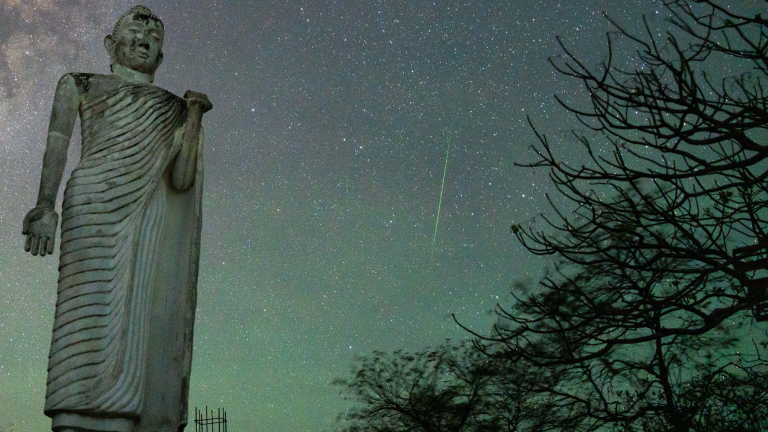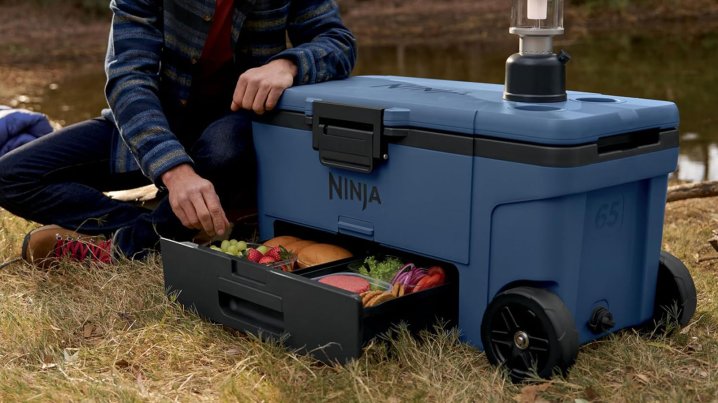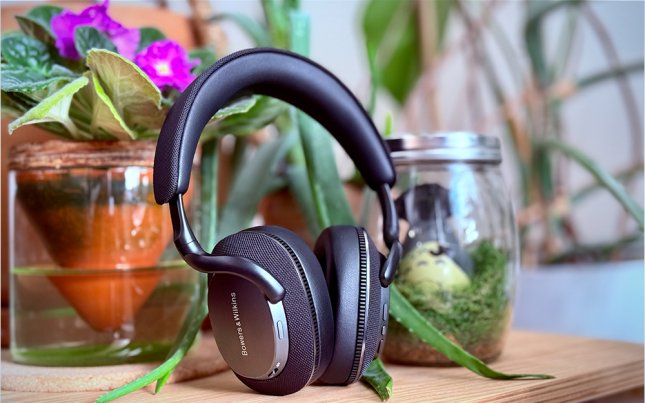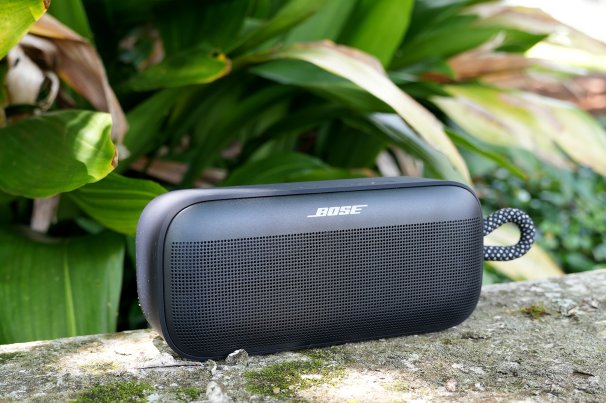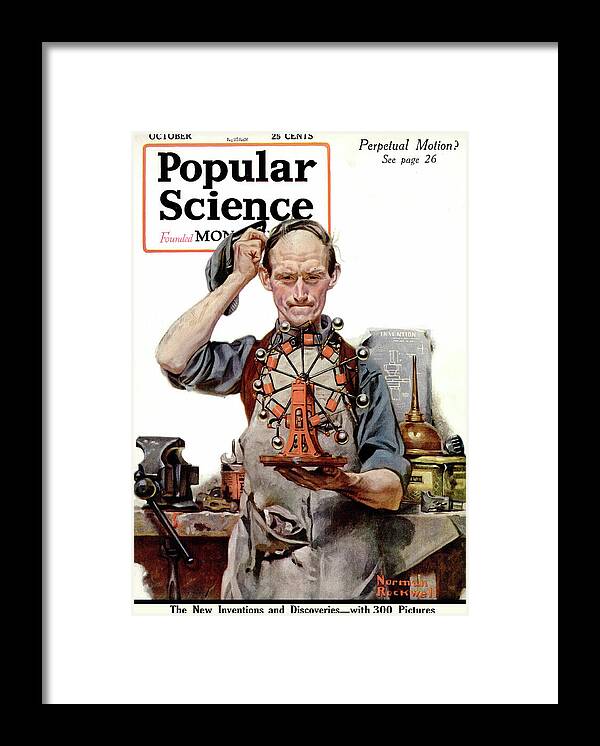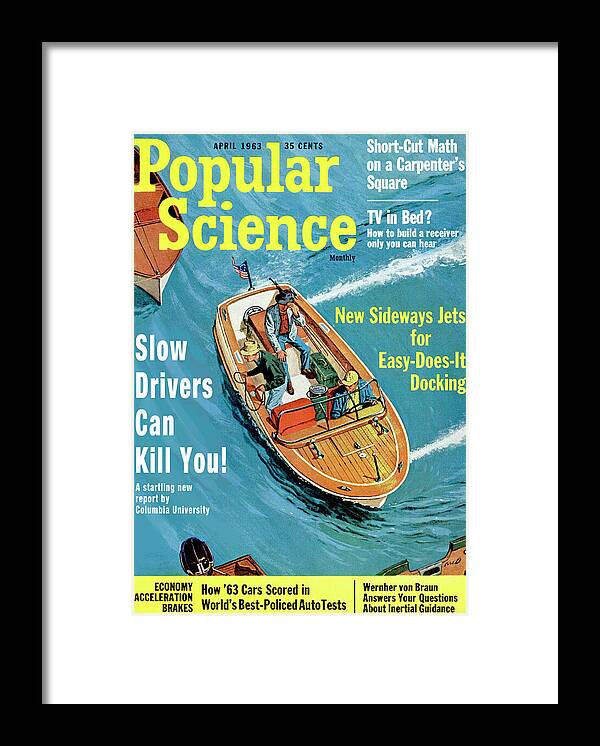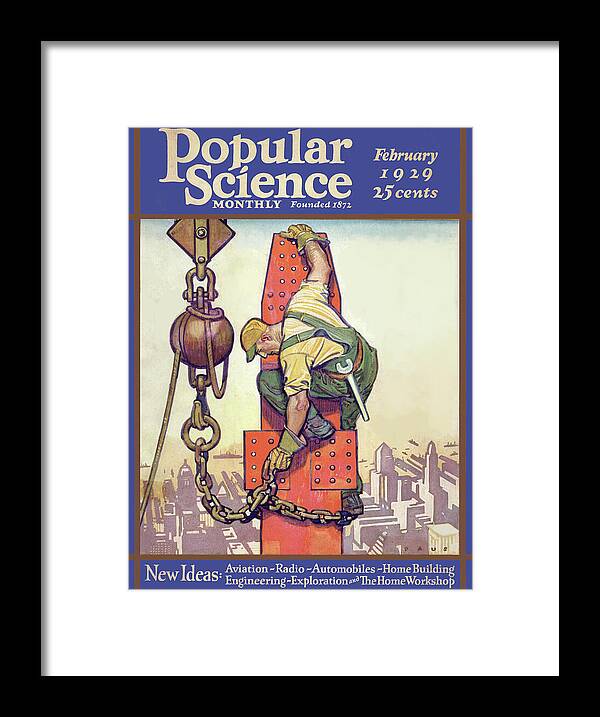Popular Science. Demystifying the worlds of science and technology since 1872.
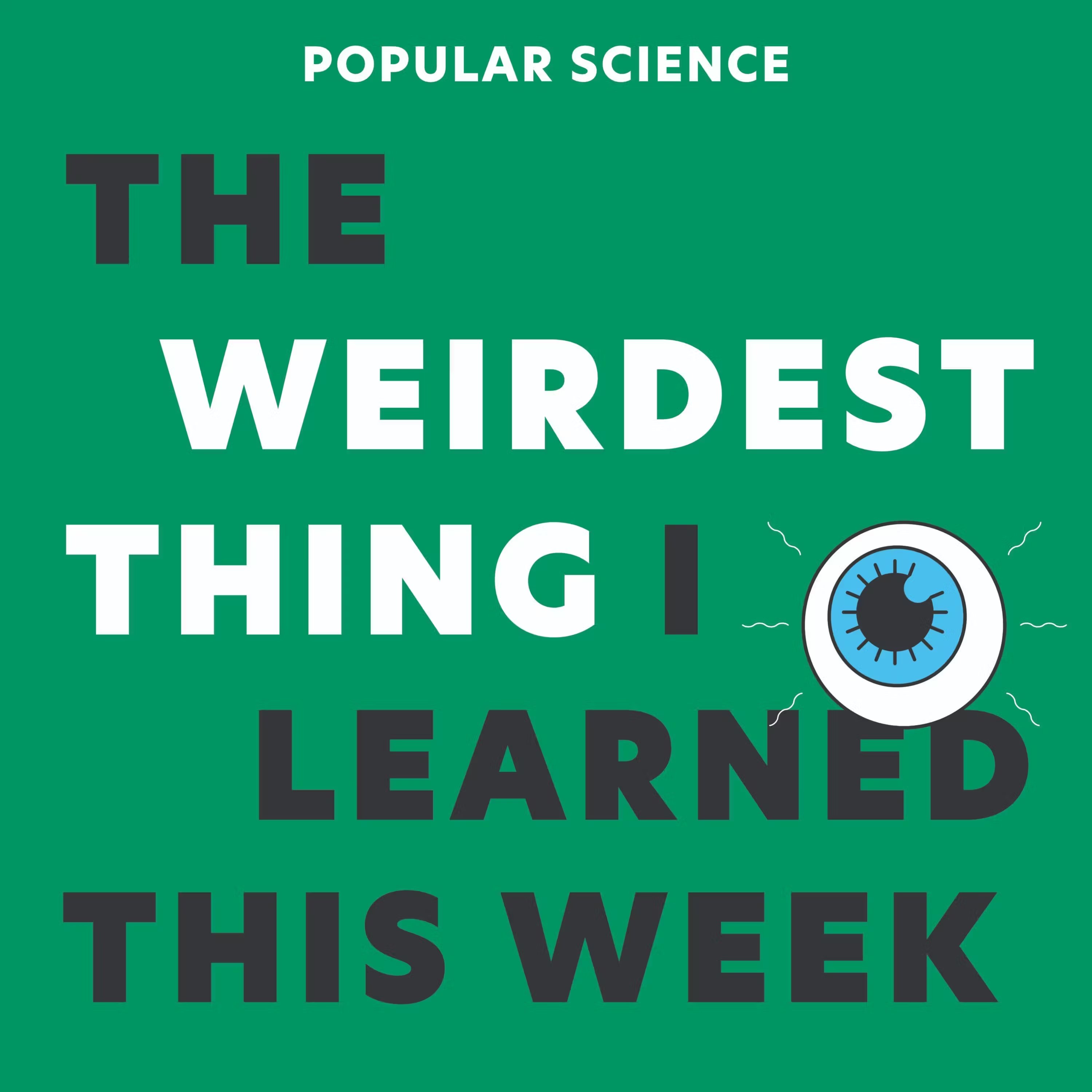
Could women actually be better suited to weight lifting than men are?
Plus horny fruit flies and other weird things we learned this week.

Rachel Feltman
At Popular Science, we report and write dozens of stories every week. And while a lot of the fun facts we stumble across make it into our articles, there are lots of other weird facts that we just keep around the office. So we figured, why not share those with you? Welcome to The Weirdest Thing I Learned This Week.
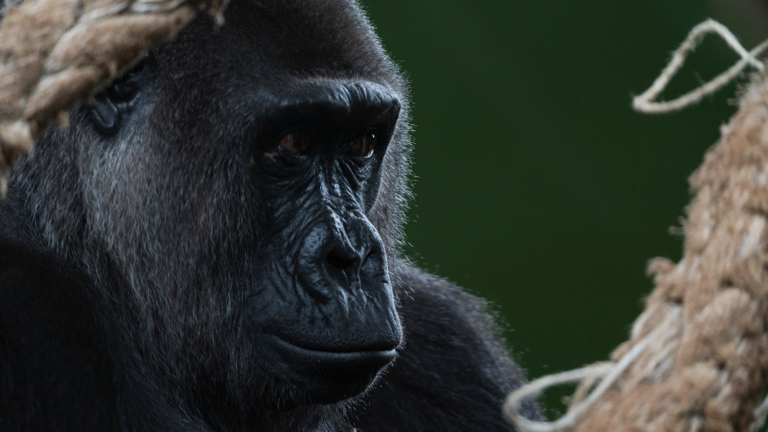
Why evolution can explain human testicle size but not our unique chins
The human body is quite puzzling.
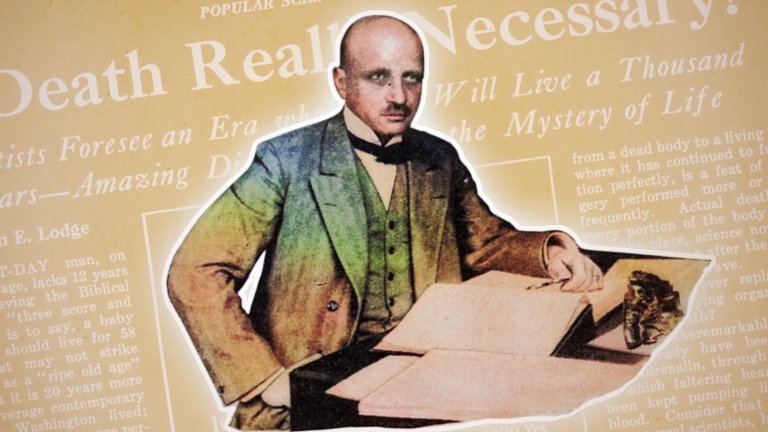
100 years ago, scientists predicted we’d live to 1,000 years old
In 1925, the average American lifespan was 58 years.
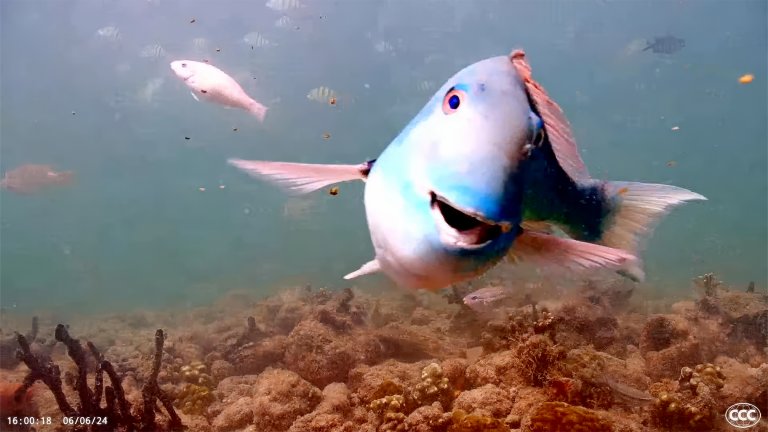
Real Coral Reefs of Miami: A Q&A with the marine biologist behind a popular livestream
Colin Foord discusses the Coral City Camera.
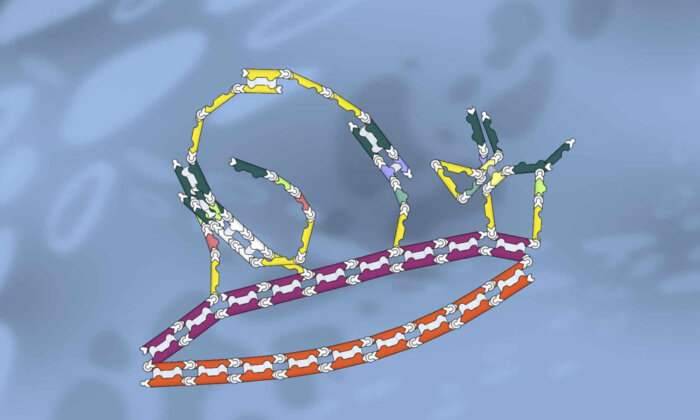
Gaming cancer: How citizen science games could help cure disease
By inviting players to tackle real scientific problems, games can offer a hand in solving medicine’s toughest challenges.
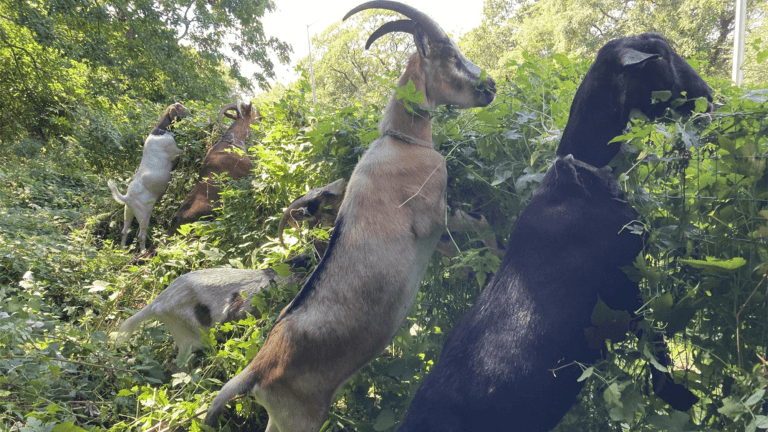
G.O.A.T. will be crowned in first-ever professional eating competition for goats
4th of July hot dog eating competitions are so last year.

Even old brains can make new neurons, study suggests
Neurogenesis may be happening in a brain region essential for memory and learning.

How pyrotechnic wizards orchestrate the Macy’s 4th of July fireworks
80,000 explosive rounds, weeks in the desert, and a 25-minute show watched by millions.

Ultra-rare first edition book from Galileo heading to auction
The astronomer wrote it under a pseudonym in 1605 to avoid persecution for ‘heretical’ theories.
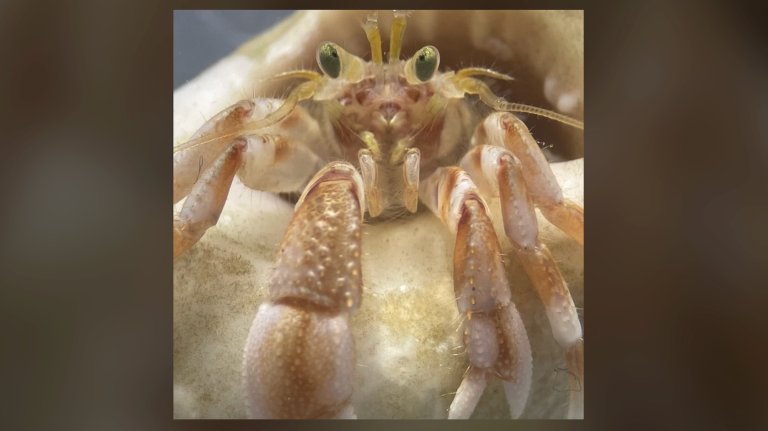
What makes a hermit crab more bold? Hairy claws.
The crustaceans use the sensory organs to determine if the coast is clear.
Popular Science Cover Art Store
Own a piece of science history.
Browse all coversPopular Science has been demystifying the worlds of science and technology since 1872. We explain the inner workings of the phone in your pocket, explore world-changing innovations, and examine everything from the marvels of deep space to the secret lives of staples like bread. We deliver an engaging, approachable, and inclusive look at emerging technologies and scientific advances.
Daily, PopSci unpacks the science behind the top current new stories, dissects the latest technology and digital trends, and helps readers live smarter, safer, and happier through clever DIY projects.
Meet the team
Our writers and editors

